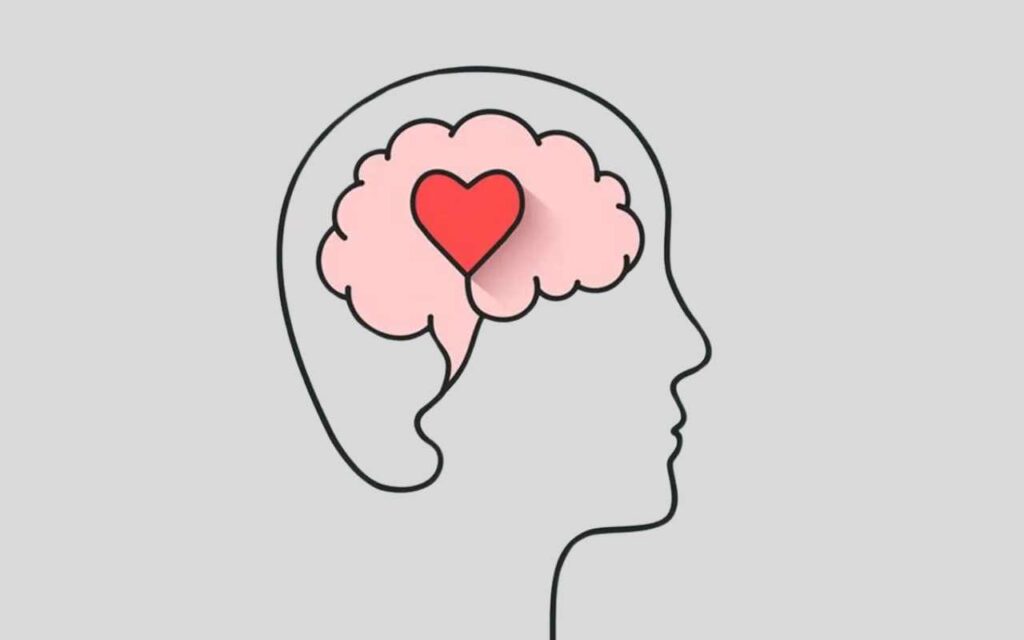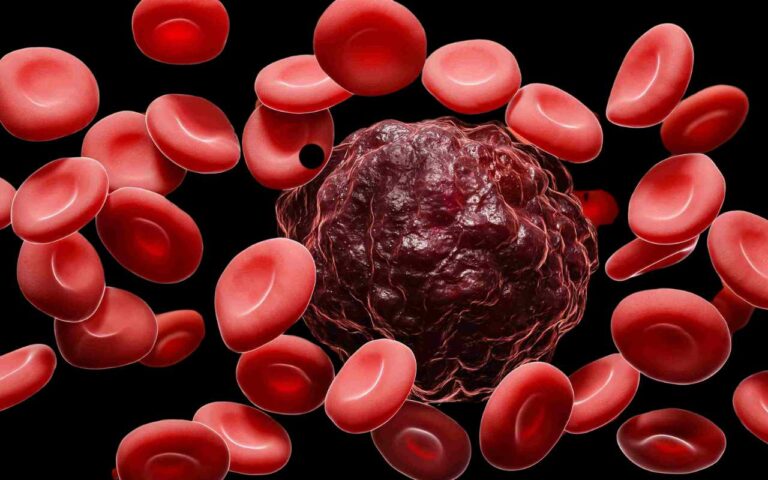Impact of Mental Health on Physical Fitness
Mental Health and physical fitness are deeply interconnected. The influence of mental well-being on physical health is profound and multifaceted, impacting motivation, performance, and overall health outcomes. This article delves into the intricate relationship between mental-health and physical fitness, highlighting key aspects that underscore the importance of a holistic approach to wellness. (physical exercise on mental health) How does exercise improve mental health?
Understanding Mental Health
Mental-health encompasses emotional, psychological, and social well-being. It affects how we think, feel, and act, influencing how we handle stress, relate to others, and make decisions. Common mental-health conditions include depression, anxiety, and stress, each of which can significantly impact daily functioning and quality of life. (exercises and mental health)
The Bidirectional Relationship
The relationship between mental-health and physical fitness is bidirectional, meaning each influences the other. Good mental-health can enhance physical fitness, while physical fitness can improve mental health. Conversely, poor mental-health can negatively impact physical fitness, and poor physical fitness can exacerbate mental-health issues. (mental-health physical exercise)
Mental health and Physical Fitness: The Connection
- Motivation and Exercise Adherence Mental-health plays a crucial role in motivation and adherence to exercise routines. Individuals experiencing depression or anxiety may struggle with the motivation to engage in physical activity. Conversely, a positive mental state can enhance motivation, making it easier to stick to fitness goals. (exercising mental health)
- Stress and Physical Health Chronic stress has a detrimental effect on physical health. It can lead to a range of issues, including high blood pressure, cardiovascular disease, and weakened immune function. Exercise is a powerful stress reliever, helping to reduce cortisol levels and promote relaxation.
- Sleep and Recovery Mental-health significantly influences sleep patterns, which are critical for physical recovery. Anxiety and depression can lead to insomnia or poor sleep quality, hindering the body’s ability to repair and build muscle after exercise. Good mental-health promotes restful sleep, facilitating better recovery and performance.
- Self-Esteem and Body Image Mental-health affects self-esteem and body image, influencing physical fitness. Positive mental-health fosters a healthy body image and confidence, encouraging regular physical activity. Conversely, poor mental-health can lead to negative body image and decreased motivation to exercise.
The Benefits of Physical Fitness on Mental Health
- Release of Endorphins Physical activity stimulates the production of endorphins, which are natural mood lifters. Regular exercise can reduce symptoms of depression and anxiety, promoting a sense of well-being and happiness.
- Improved Cognitive Function Exercise enhances cognitive function by increasing blood flow to the brain and promoting neuroplasticity. This can lead to improved concentration, memory, and problem-solving skills, which are essential for overall mental-health.
- Social Interaction Many forms of physical activity, such as group sports or fitness classes, provide opportunities for social interaction. Building social connections is crucial for mental well-being, reducing feelings of isolation and loneliness.
- Stress Reduction Exercise is a powerful tool for managing stress. It helps to lower cortisol levels, reduce muscle tension, and promote relaxation. Activities like yoga and tai chi combine physical movement with mindfulness, offering holistic stress relief.

Strategies to Enhance Both Mental and Physical Fitness
- Mindfulness and Meditation Incorporating mindfulness and meditation into your routine can improve mental-health and enhance the benefits of physical activity. Mindfulness practices help to reduce stress and anxiety, promoting a positive mental state that supports physical fitness goals.
- Balanced Diet Nutrition plays a vital role in both mental and physical health. A balanced diet rich in essential nutrients supports brain function and provides the energy needed for physical activity. Omega-3 fatty acids, for example, are known to improve mood and cognitive function.
- Adequate Sleep Prioritizing sleep is crucial for mental and physical health. Establishing a regular sleep routine and creating a restful environment can improve sleep quality, supporting mental clarity and physical recovery.
- Setting Realistic Goals Setting achievable fitness goals can enhance motivation and prevent feelings of overwhelm. Break larger goals into smaller, manageable steps, celebrating progress along the way. This approach fosters a positive mindset and encourages consistent physical activity.
- Seeking Professional Help For those struggling with mental-health issues, seeking professional help is essential. Therapists, counselors, and support groups can provide valuable guidance and support, helping individuals manage mental-health challenges and maintain a fitness routine.
How to Properly Warm Up and Cool Down: A Comprehensive Guide
The Role of Fitness Professionals
Fitness professionals play a crucial role in promoting the connection between mental and physical fitness. Personal trainers, coaches, and fitness instructors can:
- Create Inclusive Environments By fostering a supportive and inclusive environment, fitness professionals can make exercise accessible and enjoyable for everyone, regardless of their mental-health status.
- Educate Clients Providing education on the benefits of exercise for mental-health can motivate clients to prioritize physical activity. Sharing success stories and research findings can reinforce the positive impact of fitness on mental well-being.
- Tailor Programs Customizing fitness programs to meet individual needs and preferences can enhance adherence and enjoyment. Understanding a client’s mental-health background can help in designing appropriate and effective workout plans.
- Encourage Consistency Consistency is key to reaping the benefits of exercise. Fitness professionals can encourage regular participation through positive reinforcement, accountability, and support.
Conclusion
The interplay between mental-health and physical fitness is complex and significant. Understanding and nurturing this connection can lead to improved overall well-being. By prioritizing both mental and physical health, individuals can achieve a balanced, healthy lifestyle that enhances their quality of life. Embracing strategies that support mental well-being and incorporating regular physical activity can create a positive feedback loop, fostering a resilient and vibrant life. (fitness and mental health)








One Comment